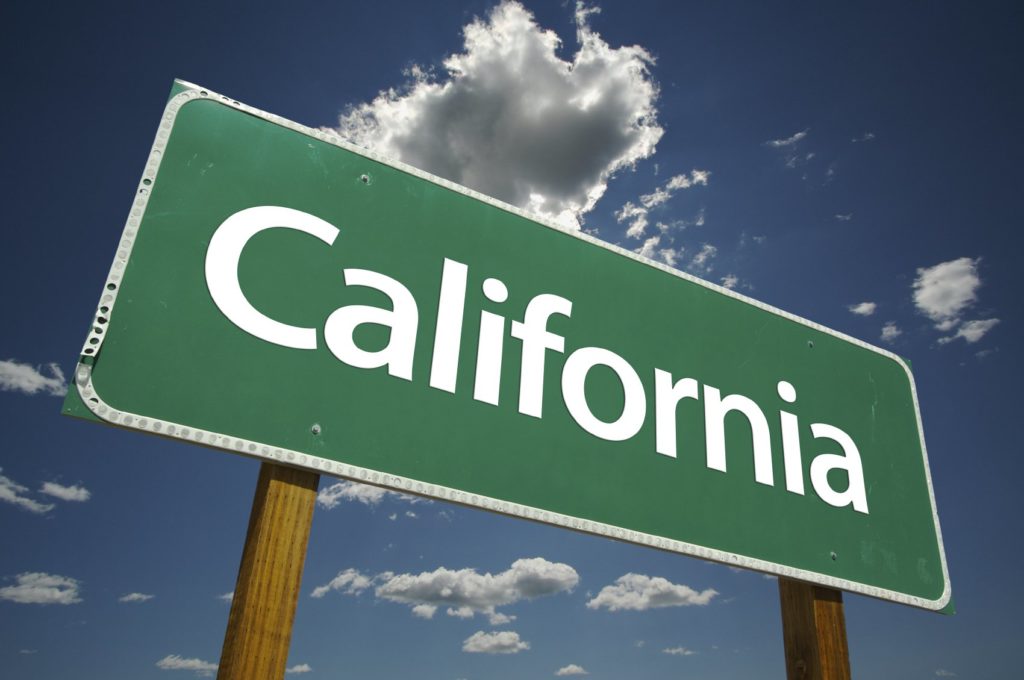
If a new California bill is passed, it would make it hard to wear any cannabis branded merchandise. That means all those cool weed socks would be banned.
Per Leafly
Go to a California cannabis event and you’re likely to walk away with a free hat—or a bumper sticker, or a t-shirt, or tote bag emblazoned with a cannabis company’s logo. But under a bill being considered in the state Legislature, all that branded merchandise would go up in smoke.
Senate Bill 162, by state Sen. Ben Allen (D-Santa Monica), would prohibit state-licensed cannabis businesses from advertising “through the use of branded merchandise, including, but not limited to, clothing, hats, or other merchandise with the name or logo of the product.” It’s a measure aimed at reducing children’s exposure to cannabis ads, but some in the industry say it amounts to legislative overreach and could end up doing more harm than good.
Last month the Senate passed the measure unanimously, 40–0, and it’s now parked in an Assembly committee.
Advertising has been a thorny issue as the Golden State works to bring its multibillion-dollar cannabis industry out of the shadows and into a legal, regulated marketplace. Concerns over advertisements that might appeal to minors have already led to restrictions on the use of certain music, language, shapes, cartoon characters, and other content known to capture kids’ attention. In addition to staying away from schools, daycares, and youth centers, advertisements can be served only to audiences that are at least 71.6% composed of adults 21 and over.
Branded merchandise is also currently restricted, with distribution allowed only at “an industry trade show or other similar venue where the attendees are required to be 21 years of age or older.” SB 162 would remove that allowance, barring branded merchandise completely.
As written, the law would apply only to commercial speech by state-licensed cannabis companies. Nonprofits and noncommercial speech would be exempt.
